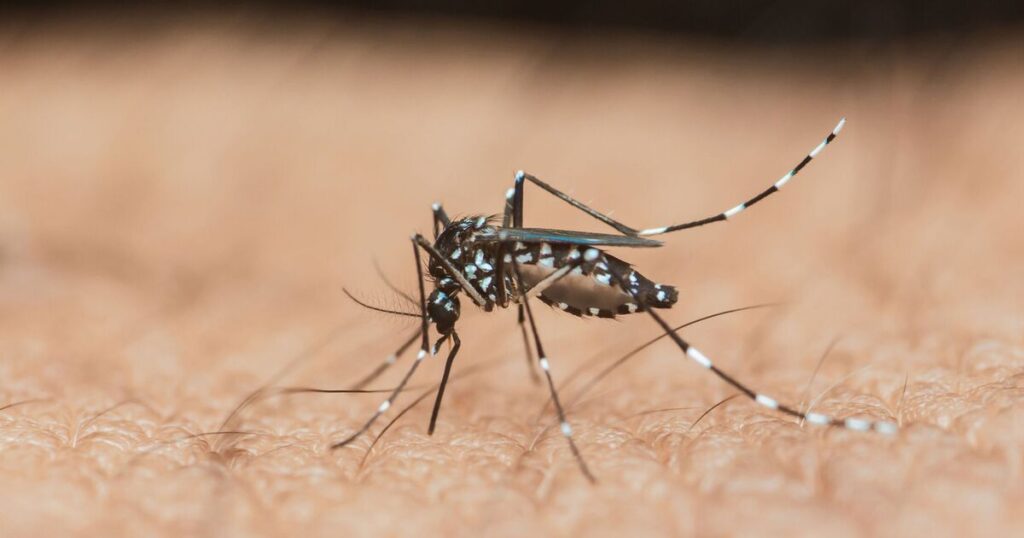The Almeria Municipality has detected mosquitoes carrying the West Nile virus in two neighborhoods in Spain. This pathogen most often causes asymptomatic infections, but can also cause severe disease. In 2024, 20 deaths were recorded as a result of the infection.
The Andalusian Health Department has declared its first warning area this summer as mosquitoes carrying the West Nile virus in the neighborhood of Lethamal El Toyo have 11,000 residents and El Alchian, and 6,000 residents in Almera. They also raised risk levels from low to high across municipalities. Declaring the realm of vigilance measures, enhancing surveillance of insects, birds, horses (horse and roks), and humans, energizing campaigns in schools and local housing, strengthening communication behaviors through community pharmacies and nursing services, and adopting necessary protective measures against the virus.
In addition to all this, the Almeria City Council will also need to strengthen control and treatment measures for mosquitoes that transmit the disease during the alert period.
West Nile Fever is an animal origin infection caused by certain strains of the West Nile virus, which are primarily transmitted by mosquitoes of the genus Carex. This virus is maintained by the transmission cycle of mosquito insects and mosquito, where birds can embrace and transmit pathogens. In contrast, humans and horses are considered final hosts. This means that you may not communicate your illness and suffer from it. Currently, there are no approved vaccines available for human use against the West Nile virus.
Once infection occurs, the incubation period is 2-14 days. The disease caused by the virus is seasonal and coincides with mosquito activity from late spring to late autumn. Although 80% of people infected with the West Nile virus show no symptoms, 20% can develop mild symptoms similar to influenza-like illnesses, such as fever, fatigue, muscle pain, general discomfort, headache, nausea, and vomiting. These symptoms can last for days or weeks, but you rarely need to be hospitalized.
The main risk of this virus is that approximately 1% of cases exhibit severe conditions such as meningitis, encephalitis, acute relaxation paralysis, and Guillanbale syndrome. Approximately 25% of these individuals with severe symptoms from the infection experience complications that can lead to death.
People over the age of 60 and at the highest risk of developing complications or poor outcomes from this infection are those at the age of 60 and those with chronic diseases, particularly immunocompromised.
The use of household insecticides or environmental repellents among the precautions to prevent insect bites that transmit the West Nile virus in the Spanish region where cases are recorded, avoiding strong odors (such as perfumes and scented soaps) and staying in densely populated areas like those that use sunken water that sucks in and is not clogged with mosquitoes, and using mosquito holes. Includes DEET (N,N-diethyl-M-toluamide), icaridine, citridiol or PMD, IR 3535 (ethylbutylaminopropionic acid).


